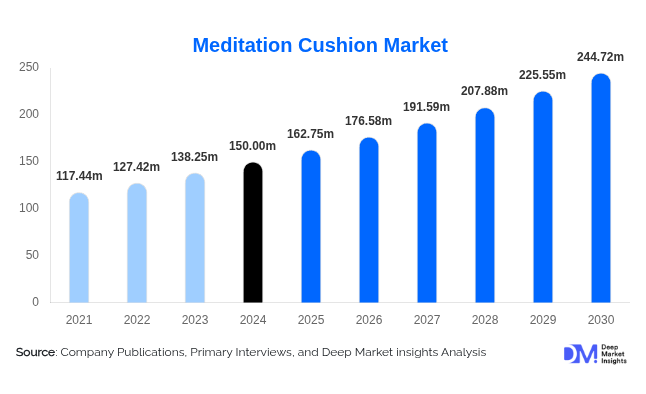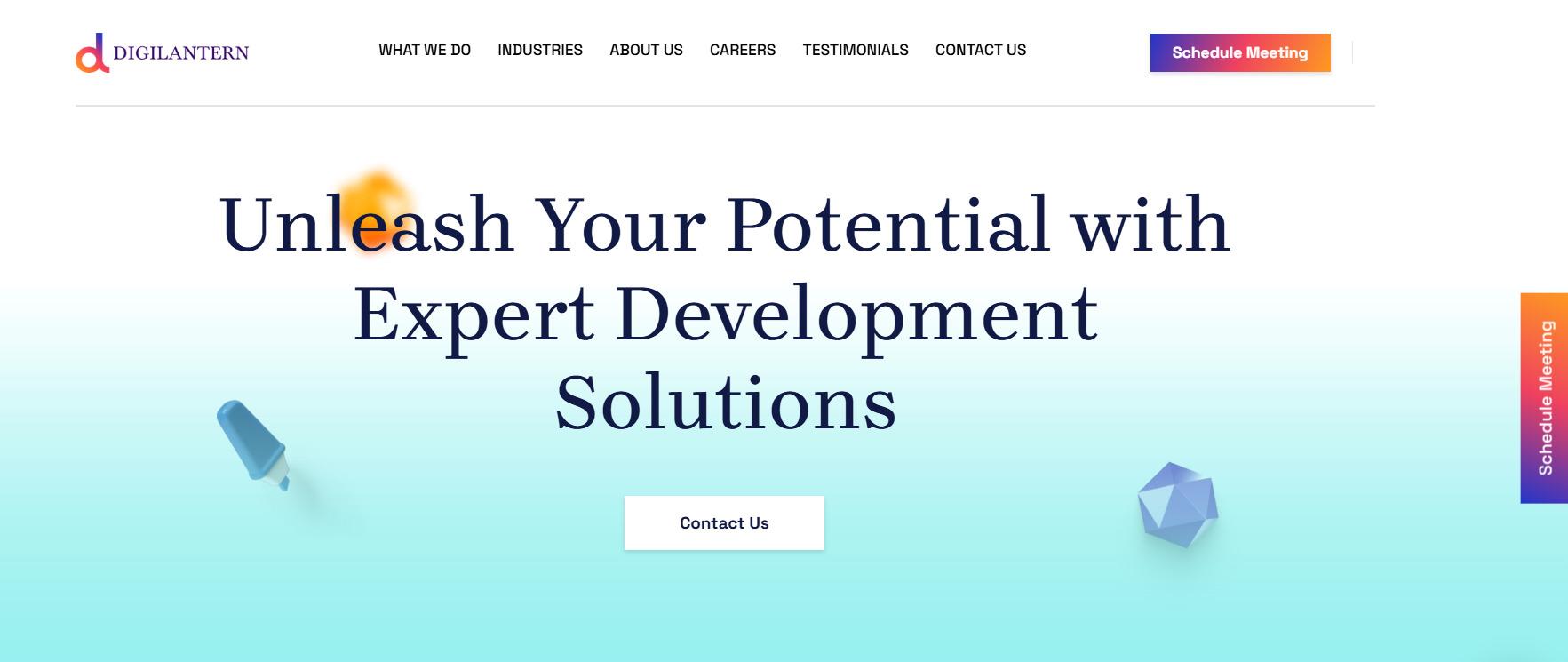The Future of Academic Publishing

The Future of Academic Publishing
When I first heard the phrase academic publishing, I used to imagine huge libraries, serious editors, and papers nobody outside the university would ever read. But honestly, things are not like that anymore. The way research gets published is changing, and if you’re doing a PhD or already published, you’ve probably felt this too.
Open Access – Good but Complicated
Everyone talks about open access these days. The idea sounds perfect: knowledge should be free for everyone, not locked behind some expensive journal. I love that part, because it means anyone, anywhere, can read our work. But here’s the catch—many of these journals ask authors to pay huge fees. For a lot of early-career researchers, that’s almost impossible. So while it feels like a win, it’s not a fair system yet.
Tech Is Taking Over
Then there’s technology. AI tools are already helping journals speed up peer review, catch plagiarism, or even suggest where to publish. That saves time, sure, but sometimes it feels a little cold. Research isn’t just numbers—it’s effort, emotion, and late nights. Can an algorithm really judge that? Still, I can’t deny tech will be a big part of the future. Even blockchain is being tested to protect authorship. Sounds fancy, right?
Less “Publish or Perish,” More Teamwork
For years, the culture in academia was: publish or perish. Honestly, that pressure is real. But I’ve noticed a shift. With digital platforms and collaborations across countries, people are starting to work with each other instead of always against. Sharing data openly, co-authoring papers—it feels healthier than the old race.
What Counts as Impact?
Impact factor has been treated like the holy grail for decades. But more of us are asking: does it really measure the worth of research? Maybe real impact is when your work changes policy, helps a community, or even sparks a good debate online. I think the future will value contribution over prestige.
Final Thought
So where’s publishing heading? Probably toward something more open, more tech-driven, and (hopefully) more inclusive. It’s not perfect, and maybe it never will be. But as long as our research is respected, read, and actually useful, I’d call that a future worth looking forward to.







